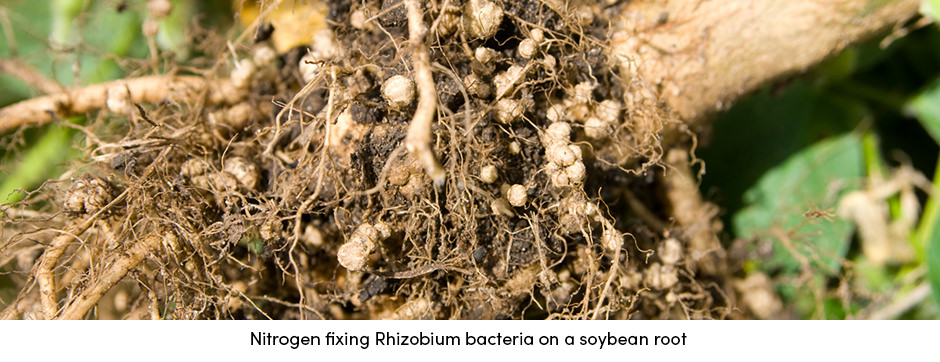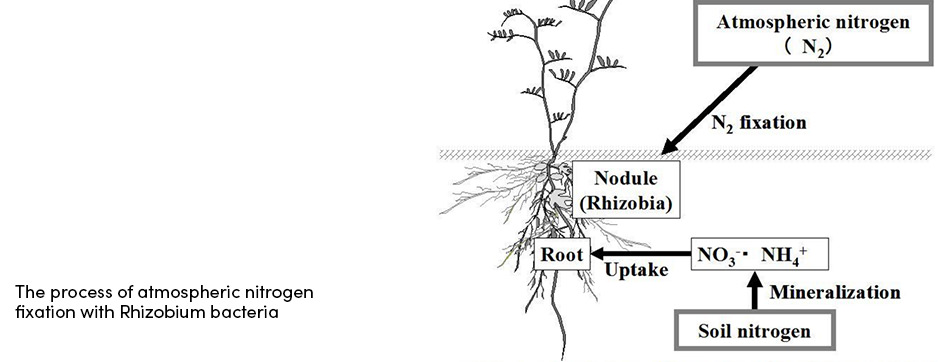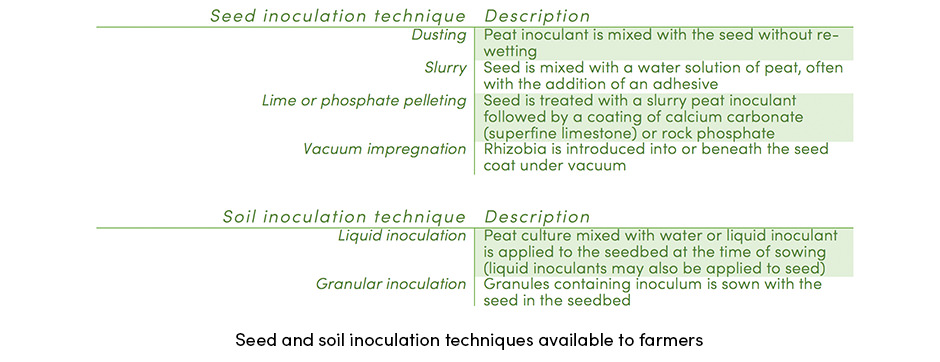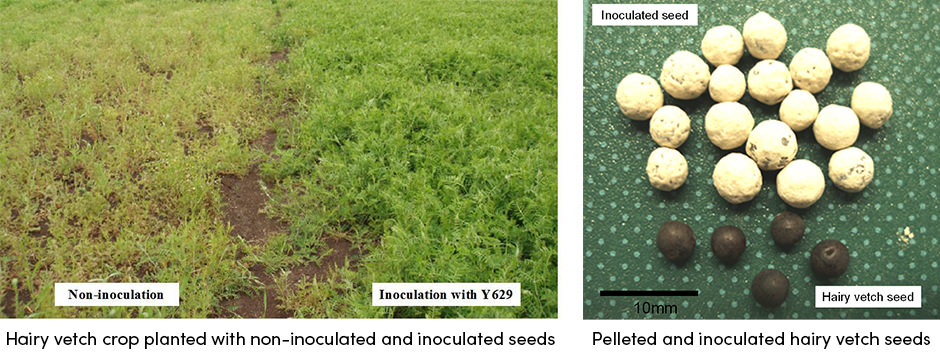The life of every crop starts with a seed. Small but powerful, it has the ability to feed the world. Since food is the most universal necessity among all human beings, the seed is the most valuable and the important farm produce.
Mankind and most other living organisms are totally dependent on the availability of seeds, making it a multi-billion dollar industry, as well as one of the world’s largest and important industries.
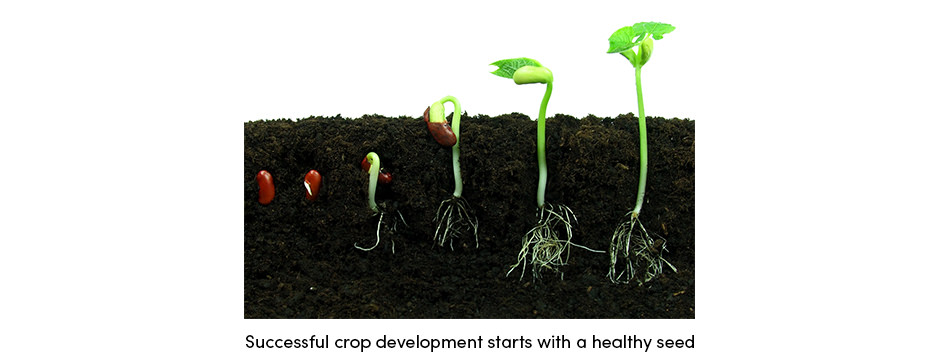
In aiming to produce enough food for the ever-increasing population, scientists have found a way to produce more food as well as secure the yield. Technological development in science has improved the seed properties, making it more resistant to pests and more capable of absorbing nutrients from the soil. This practice is called seed inoculation and it includes the coating of seeds with Rhizobium bacteria.
What Is Seed Inoculation?
Seed inoculation is the practice of covering the seed surface with a nitrogen-fixing bacteria (Rhizobium or Bradyrhizobium) prior to planting. The bacteria penetrates the root, resulting in the formation of root nodules that fix nitrogen from the air and make it readily available to the plant.
This farm practice is characteristic of that which is done for legumes, such as clovers, alfalfa, bean, soybean etc., which are in a symbiotic relationship with Rhizobium bacteria. Seed inoculation benefits both the seed and the Rhizobium bacteria. It protects the nitrogen fixing bacteria, needed, due to the fact that most seeds carry natural toxins against soil decay which destroy Rhizobia as well.
Along with bacteria, a common farm practice in seed inoculation is the adding of systemic fungicides. They greatly increase seedling survival due to a Pythium and Phytophthora root rot presence in the soil. Seed inoculation contributes to a higher survival rate of seedlings, as well as less seed needed to establish a efficient farm production.
Importance of Seed Inoculation Practice
Native Rhizobium bacteria in soil are not numerous or effective enough to stimulate biological nitrogen fixation and increase yields. To obtain the full benefit of biological nitrogen fixation, it is necessary to inoculate a crop with a compatible Rhizobia strain. The best farm practice is to inoculate the crop every season. This is important because the bacteria population in the soil may no longer be large enough for good nodulation during the next season.
In 300 grams of a high-quality seed inoculant, there are about the same number of Rhizobia, comparable to a 4-ton truck loaded with soil from a field with a successfully nodulated legume crop. Seed inoculation may benefit both the farmer and the crop in the following ways:
- The coating on the seed acts as a wick for water in times of drought and improves its stress tolerance
- Coated seed is less likely to be eaten by birds and rodents and more resistant to various pests, diseases, and nematodes
- When coated seed is mixed with a granular fertilizer, the coating can protect Rhizobia from the negative effects of fertilizer
- Rhizobia inoculants have no negative side effects on seed because it is impossible to over-inoculate, therefore farmers don’t need to have additional knowledge to participate in this farm practice.
Inoculation is a fairly simple procedure, especially, due to the fact that the farmer himself can inoculate the seed prior to planting. There is also the option to buy already inoculated seeds, which is a common farm practices. Therefore, various seed inoculation techniques are available, as stated in the table below.
Seed Pelleting
After seed inoculation, seed can be coated with a protective layer of powdered lime or phosphate, thus giving the seed additional value while striving to survive in the soil. Seed pelleting has many positive effects on the seed:
- Pelleting can prolong the survival of Rhizobia on the seed when sowing is delayed
- When seeds are sown in hot and dry soils the protective pellet may help preserve both the Rhizobia and the seed until conditions are suitable for germination
- Pelleting is used for protection against dangerous seed pests
- In soils that are highly acidic, lime pelleting can help protect Rhizobia.
After seed inoculation, care should be taken to immediately sow the seed or store it in a cool, dry place for only a short period of time. If stored for too long or in a temperature that is too warm, the Rhizobium can die. In addition, the Rhizobium in the seed coating may no longer be viable.
Seed inoculation is a quick way to establish a good, healthy crop production with little money required. This practice sounds like great idea for farmers to manage higher yields, doesn’t it?
Text sources: University of Hawai‘i || courses.missouristate.edu
Image sources: IN TECH || Redeemer University College || greengate.vn
AGRIVI Farm Management Software: A Comprehensive Digital Platform for Managing Complex Farm Operations
Farmers have been growing food for generations without using farm management software. But in today’s fast-paced and highly competitive food production landscape, farm management software, or FMS, is critical to success. A farm management software program implemented in an agricultural operation leads to reduced expenses, increased yields, better yield quality, higher profitability and lower operational risk.
Watch the video and find out more about AGRIVI Farm Enterprise solution and contact us to find what is the best solution for your needs.

